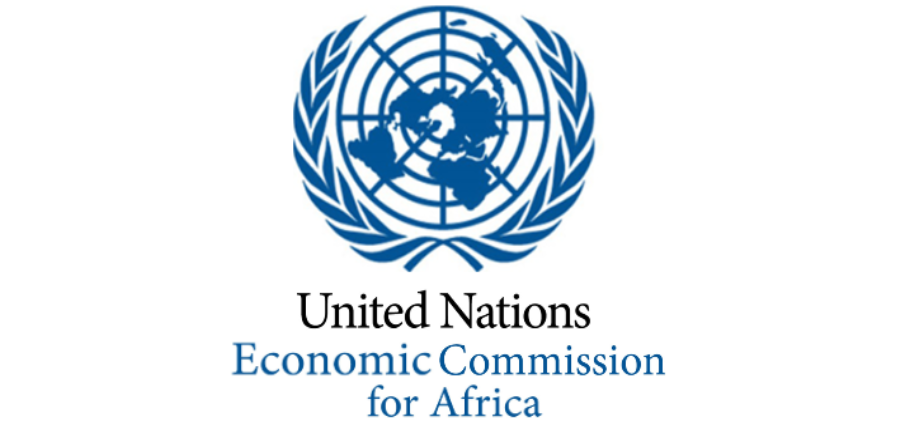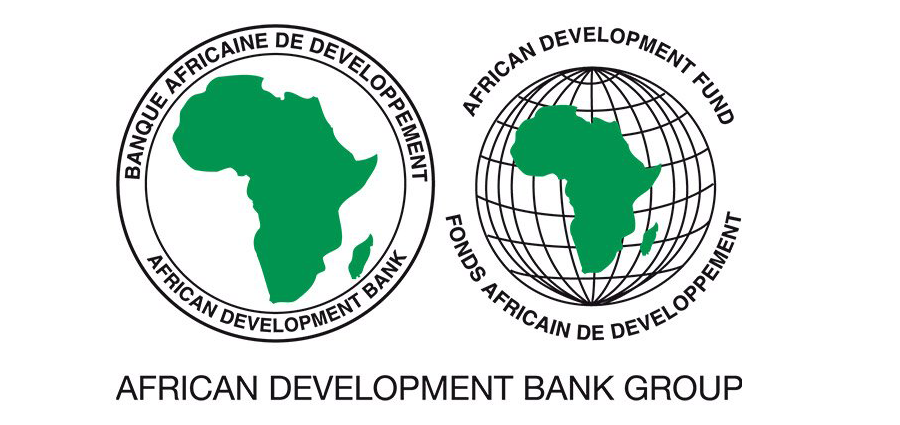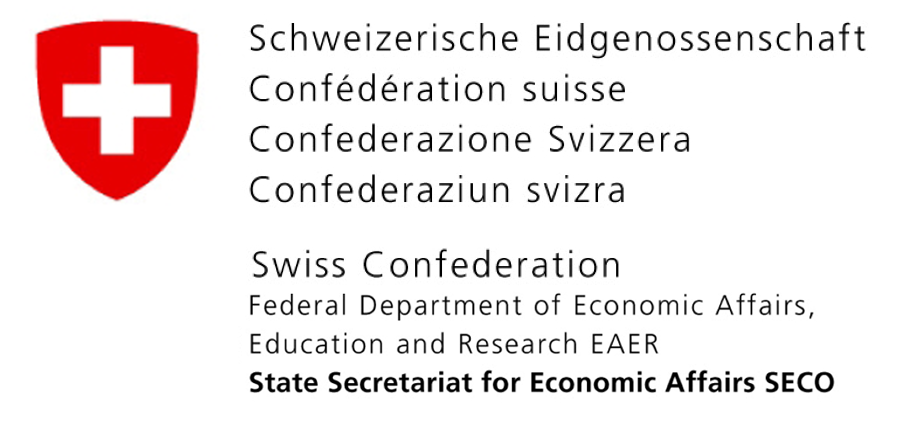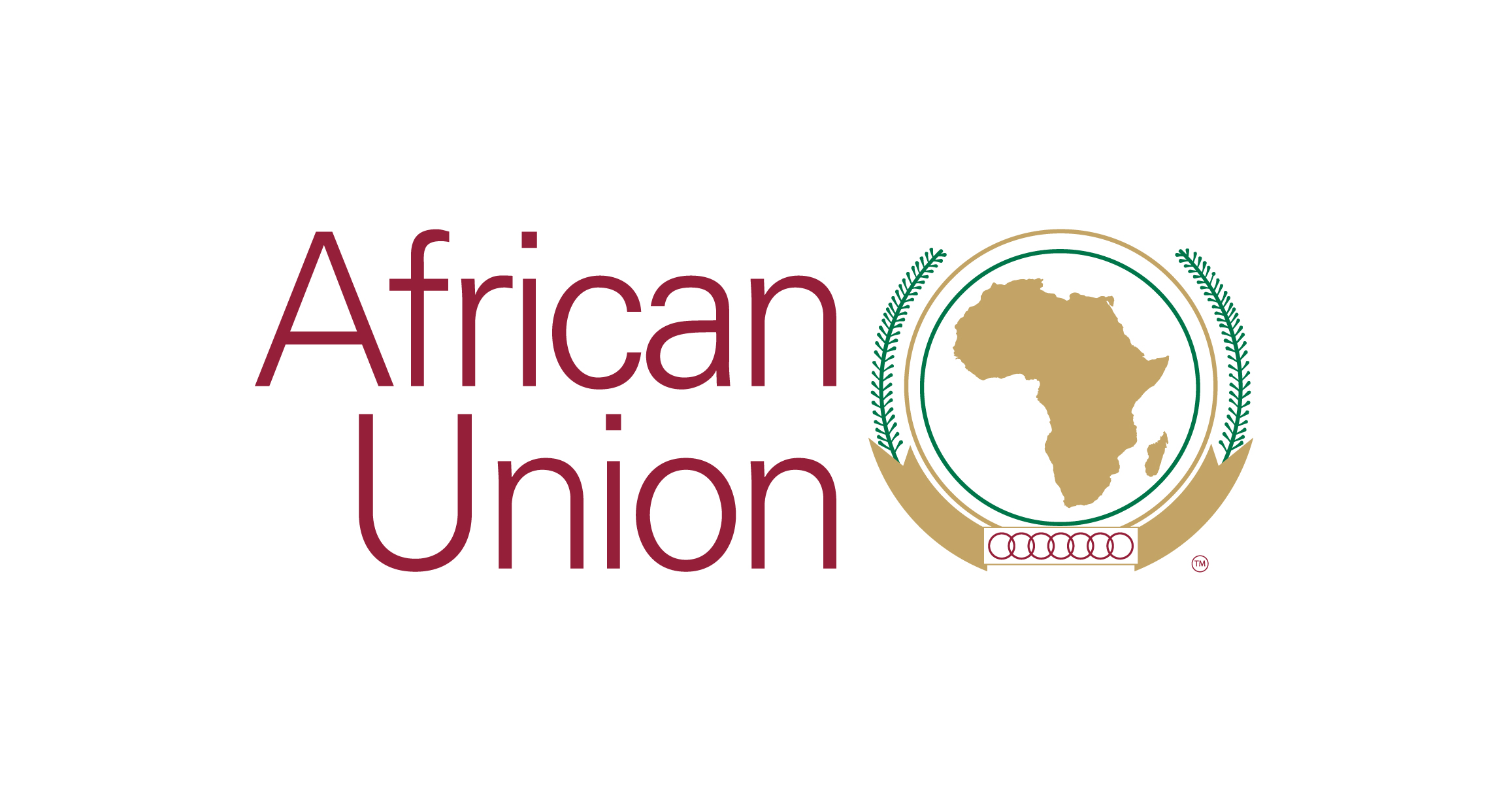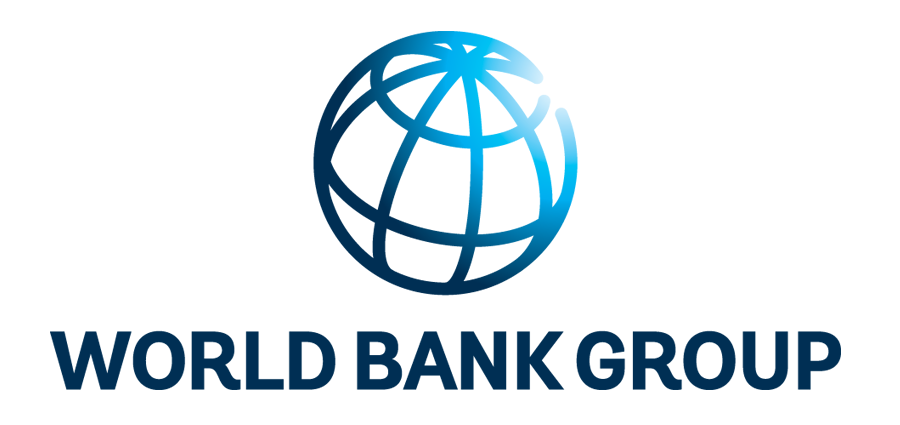Options for Managing and Financing Rural Transport Infrastructure
Christina Malmberg Calvo
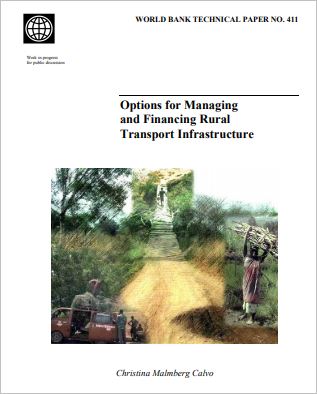
Ineffective rural transport services are a major obstacle to economic and social development in Sub Saharan Africa. Alleviating poverty requires improved access to social and economic facilities. And, in turn, improving access hinges on better transport infrastructure, including roads, tracks, footpaths, and footbridges.
Sub-Saharan Africa has about 940,000 kilometers of designated rural roads, whose replacement value is estimated at US$48 billion. In addition, Africa has a vast network of undesignated rural roads, tracks, paths, and footbridges. Along this network is generated a third of the region’s gross domestic product coming from agriculture and 40 percent of its export revenues. Despite the importance of local government roads and community roads and paths, policymakers and transport professionals in governments and donor agencies have paid little attention to the design of institutional arrangements for their management and financing. The lack of a well-defined institutional framework seriously threatens the sustainability of ongoing and future efforts to fight rural poverty and break rural isolation.
This paper presents a framework for improving management and financing of local government roads and community roads and paths based on two distinct owner categories and a redefined partnership between the public and private sectors. Local governments or their agents will manage the core rural roads; communities and farmers’ associations will choose which roads and paths they will own; the private sector will sell management services to the local road agencies and carry out physical works. Ownership of roads by small-scale farmers, the largest private sector group in most Sub-Saharan African countries, will increase efficiency and bring more roads under regular maintenance. This framework is based on a public-private partnership in which costs are shared by governments, communities, farmers, and road users.

